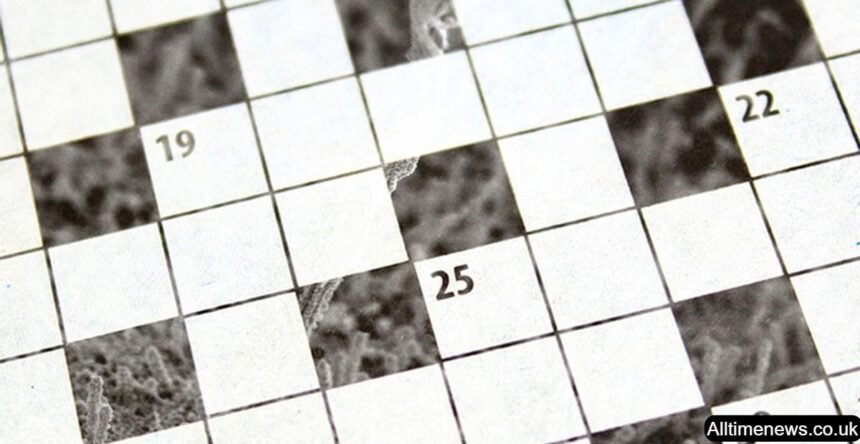Introduction to the NYT Crossword Puzzle
The New York Times Crossword Puzzle is known for its clever clues that challenge solvers with both straightforward and tricky hints. One such clue that has puzzled solvers is “What You Need When You’re On E.” Though it might seem vague, thinking about common needs when fuel is low can help identify the answer. Let’s analyze this clue and explore the best answers.
The Clue: What You Need When You’re On E
The clue “What You Need When You’re On E” is a playful hint that relies on interpreting the letter “E” in a specific way. It could be about a situation where you’re running low on something, or it could involve a clever twist on the letter itself. Understanding this hint is key to finding the right answer.
Possible Answers
When solving “What You Need When You’re On E,” consider these possible answers:
- Gas: If “E” refers to a fuel gauge, being “on E” means you’re low on gas, so you would need to refill your tank.
- Refill: A more general answer, “refill” can apply to any situation where you’re running low on something, not just gas.
The exact answer will depend on the length of the space and intersecting clues, so be sure to check these details when solving.
You may also like:
- AMA Member NYT Crossword Clue & Answers
- Untruthfully NYT Crossword Clue & Answers
- Channel for Politics Nerds NYT Crossword Clue & Answers
The Joy of Wordplay in Crosswords
The New York Times Crossword Puzzle delights in its use of language and wordplay, and clues like “What You Need When You’re On E” exemplify this enjoyment. These clues often require a bit of lateral thinking and creativity, turning everyday situations into engaging puzzle challenges. Finding the right answer not only satisfies the puzzle but also showcases the cleverness of the crossword’s design.
Conclusion
The New York Times Crossword Puzzle is a blend of challenge and fun, with clues like “What You Need When You’re On E” demonstrating its ability to play with language and context. Whether you’re a seasoned solver or just starting out, these types of clues add an extra layer of enjoyment to the puzzle-solving experience.
